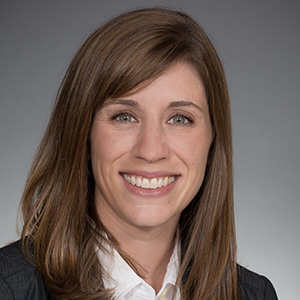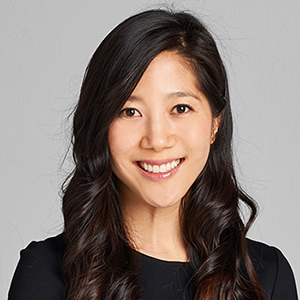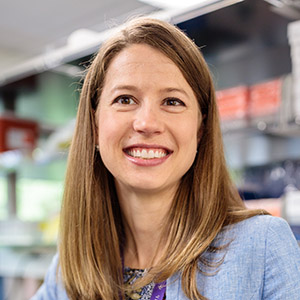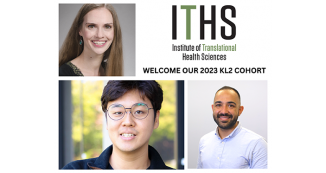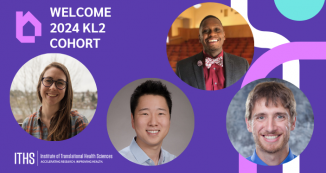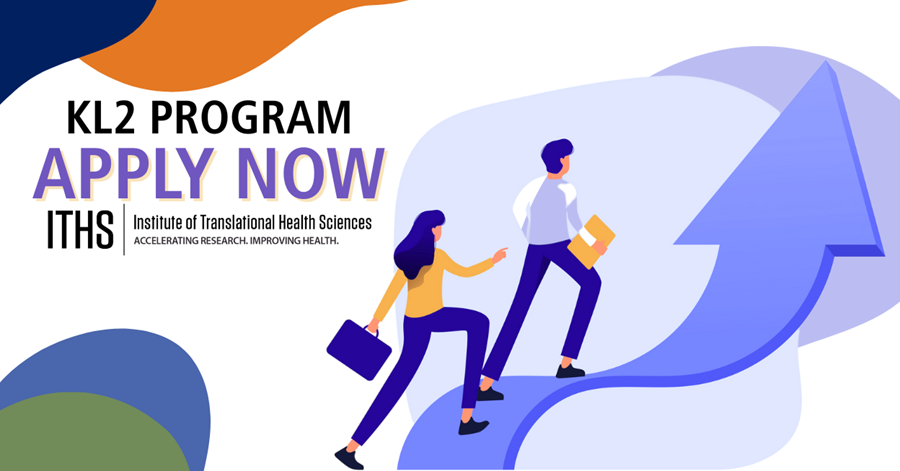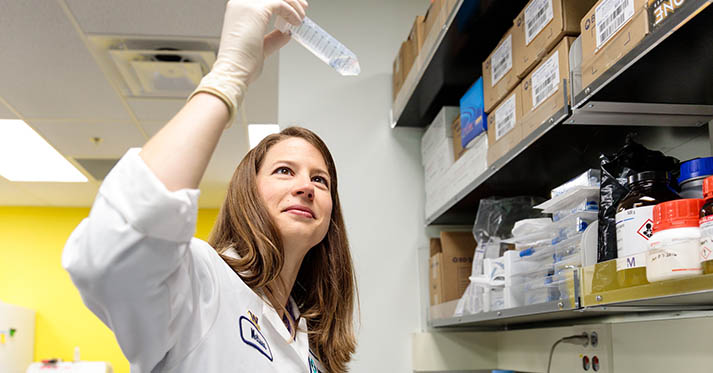
31 Jan Three scholars join the ITHS KL2 Program
They have spent years working with patients, communities, and basic research to hone their skills in clinical and translational science. Now, thanks to the ITHS KL2 Multidisciplinary Clinical Research Career Development Program, three early-career investigators will have the dedicated research time, mentorship, and funding they need to continue pursuing their research goals.
These scholars will join the diverse ITHS KL2 cohort for a rigorous curriculum designed to provide in-depth training in competencies critical to conducting translational research. Each scholar will receive salary support to protect their time ensuring the freedom to develop their own research projects. Furthermore, to support these projects, ITHS provides research and travel funds and individualized development plans.
The KL2 program combines the support and dedication of an individualized program with the benefits of multi-disciplinary cohort to build on translational knowledge. At ITHS, we know how imperative it is to focus on both scientific independence and collaboration across different disciplines. Scholars join the KL2 program from many areas of expertise and across all phases of translational science.
This year, our investigators hail from different health science schools and aim to tackle unique challenges in translational science.
Empowering children to manage their asthma care with a mobile app
There is a lot of research about how to help children manage their asthma. Yet, in many cases the success of a given intervention waivers. Dr. Jennifer Sonney, PhD, ARNP, PPCNP-BC, believes this might be due to the fact that children are missing a voice in their care.
“We are developing a mobile app which pairs the child and parent together as a team” says Dr. Sonney of her KL2 project. This app, developed in conjunction with children and their families, arms the school-aged children with a smartwatch as a way to engage the child and help them assume responsibility for certain elements of their care. They can report symptoms and communicate directly with their parents who have a corresponding app on their phone for surveillance and safety.
This project is not Dr. Sonney’s first endeavor into the technological space. A few years back, she won a departmental award to develop a website to help children and their parents manage disruptions in sleep due to asthma. While this project was successful, the team received a lot of feedback that a mobile app might be more user friendly. Through this experience, Dr. Sonney met an expert in human centered design and engineering who shared her passion for family based interventions.
“With the K program, I can feel the project gaining momentum.” The prototype has been designed in collaboration with children and their families. Next, it needs to be built and tested. In fact, this application has already received accolades from the School of Nursing through their Shark Tank program, in which Dr. Sonney competed with other aspiring inventors and won $10,000 to move this project forward. Through her time as a KL2 Scholar, Dr. Sonney plans to pilot the beta version and work with users to refine and iterate app features.
Prior to becoming a researcher, Dr. Sonney worked as a pediatric nurse practitioner. She realized through her clinic experience that something was different about her process, “I intentionally engaged the child as an equal participant in their care” which seemed to lead to fewer ER visits and lower need for hospitalizations and medication, but Dr. Sonney wanted more than observations, she wanted to prove it and encourage systematic change in clinical practice. “Kids grow up and become adults, they have to learn to manage their chronic conditions whether its asthma, or diabetes, or epilepsy,” says Dr. Sonney.
If this is a mobile platform works, there is potential to grow and adapt the strategy for care management of a multitude of chronic conditions.
Reaching underrepresented communities with preventive care
When Jane Lee, PhD, MSW, first arrived at the University of Washington, she knew right away that establishing a pathway for mentorship and training would be essential to her success. This is especially important with community-centered research.
Dr. Lee grew up in a diverse area with a large immigrant population where she saw firsthand the barriers to healthcare access for certain communities. She became interested in the role of migration in affecting health outcomes. “Those who encounter barriers just getting to a clinic are typically the most vulnerable,” said Dr. Lee, regarding why she has dedicated her career to improving care access and addressing health disparities.
Dr. Lee plans to identify strategies to increase testing and diagnoses of HIV and sexually transmitted infections (STIs) through the use of at-home HIV and STI self-testing kits. During her KL2 award, she aims to develop an intervention that integrates self-testing and engages peers to distribute testing kits to Latino immigrant populations of men who have sex with men, a community that is disproportionately impacted by HIV and health access issues.
How can we take the science and knowledge we have gained and translate it into communities?
Dr. Lee has lots of experience disseminating research results through community connections and partnership. As a social work and community-based researcher, Dr. Lee frequently finds herself asking, “How can we take the science and knowledge we have gained and translate it into communities?” During her tenure as a KL2 Scholar, she hopes to learn more about the development and implementation of clinical trials and to pilot new strategies in the local community.
“Translation is critical to any research we do,” realized Dr. Lee. “Gaining knowledge is only one piece of an important system. As researchers, it is essential to enhance social welfare by making sure the proper interventions reach the communities we serve.”
Finding new ways to prevent the cognitive impairments associated with Alzheimer’s disease
Melissa Barker-Haliski, PhD, is no stranger to ITHS opportunities in support of clinical and translational research. Not too long ago, Dr. Barker-Haliski was granted a small pilot award to gather crucial data in support of preclinical antiseizure drug development.
However, like many scientists in pharmaceutical development, her research projects to understand the basic mechanisms of a neurological disease account for only a fraction of her time as a research assistant professor. Dr. Barker-Haliski is also responsible for supporting industry-sponsored preclinical drug development studies. While the industry-academic partnership is an important one for translational discovery, at this stage in her career, it is essential for Dr. Barker-Haliski to have protected individual research time.
As an ITHS KL2 Scholar, Dr. Barker-Haliski can now spend more than half her time working directly with several Alzheimer’s disease models to determine how chronic seizures, and their treatment with antiseizure medication, may age-dependently impact the progression of Alzheimer’s disease-associated behavioral and nervous system deficits. “Since we do not have much now that can modify the disease course in Alzheimer’s,” articulated Dr. Barker-Haliski, “anything would be helpful for these patients.”
As Alzheimer’s disease progresses, it inhibits an individual’s cognitive abilities like learning and memory. Seizures are increasingly seen alongside Alzheimer’s disease and there appears to be a connection between seizures and the symptoms of Alzheimer’s; patients with epilepsy also often suffer from many of these same cognitive deficits. Through Dr. Barker-Haliski’s expertise in epilepsy, she hopes to better understand this connection and whether or not controlling seizures can have a positive, mitigating effect on the cognitive impairments associated with Alzheimer’s.
“Working in academia allows me to innovate and to incite change in pharmacology and drug development,” says Dr. Barker-Haliski. Over the next three years, the KL2 program will help her mold a career in that path by providing structured training in grant-writing, mentorship, and other core competencies that will help Dr. Barker-Haliski become a leader in clinical and translational science.
Visit the ITHS Education pages to learn more about the KL2 program and other education offerings from ITHS.




